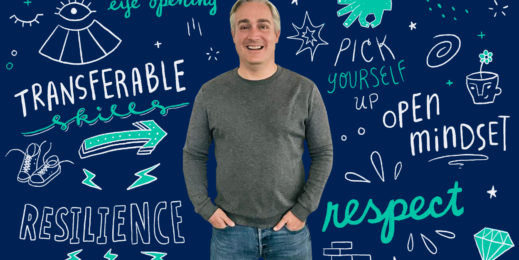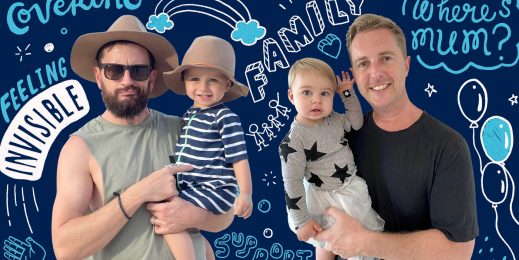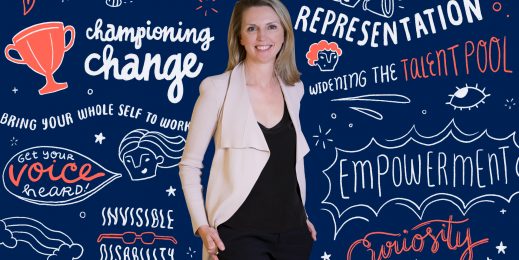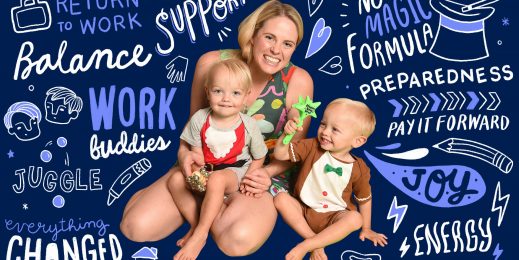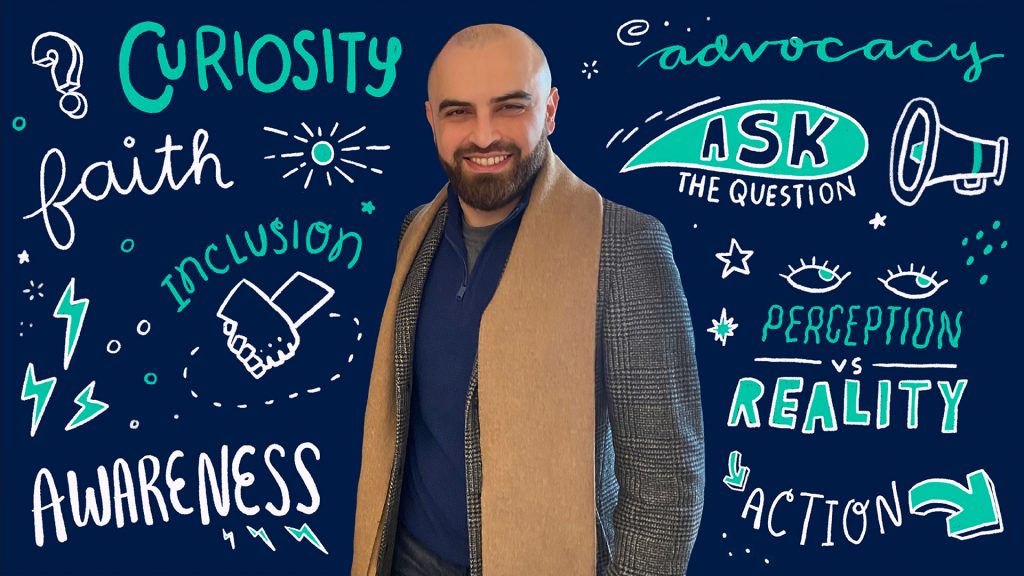
“The moment I feel uncomfortable, I know I’m starting to challenge myself”: Tareq Mandou on faith, fresh starts and the importance of difficult conversations
“Tareq, there’s life outside of Dubai.”
Today, Tareq Mandou is a Cloud Solution Architect Manager at Microsoft Australia. But when a friend spoke these words to him, he was fresh out of university and had just begun his first role with Microsoft in the UAE.
“I thought I had everything I needed, right there in Dubai,” remembers Tareq.
He loved the city, and he loved his work as a Product Marketing Manager with Microsoft. Having grown up in Saudi Arabia and come to the UAE to study computer science, Tareq had imagined he would go on living in Dubai for good.
But over time, he began thinking more about his friend’s words. “I didn’t want to miss out on anything,” he says. “And I wanted a new professional challenge.”
So, Tareq set off on journey that would see him spending five years at Microsoft in Malaysia, before moving on to Australia in 2017. And it was here that Tareq discovered a new side of himself, becoming an advocate for inclusion inside and the workplace.
Perceptions versus reality
At first, having spent most of his life in majority Muslim countries, Tareq wasn’t sure what to expect from life in Australia.
Friends and extended relatives who’d made the move mentioned comments they’d received or looks they’d got. Tareq knew Muslim Australians whose lives had been negatively affected by other people’s prejudices.
“Their stories really made me question how people would perceive me,” he remembers. But Tareq knew that, whatever looks or comments he might receive, he wouldn’t compromise on who he was.
A happy bubble
Like any new start, Tareq’s move to Australia had its challenges. But one thing he could rely on was the sense of belonging he immediately found at Microsoft Australia.
“When I first moved, most of my time was actually spent at work,” he explains. “And I felt very fortunate and blessed about that, because Microsoft is like a happy bubble. We really are on the leading edge of diversity and inclusion, and I think that made the move easier for me. I knew I was in a safe place.”
It was this sense of safety that made Tareq feel comfortable enough to ask for what he needed: the space and time to practise his religion during the workday.
“Initially, I used meeting rooms to pray,” he recalls. “And then once a week, when I needed to attend Friday Prayers at the mosque, Microsoft gave me the time to do that.”
Tareq’s manager was open to his requests and accommodating of his needs. Yet Tareq had the sense that, while his manager wanted to know more so that he could better support his employee, he wasn’t sure how to start the conversation.
So, Tareq decided to make it easier and became more vocal about himself, his faith and his needs. “Sometimes, asking someone why they do this, or why they don’t do that, can be hard,” he says. “But I can take action by sharing what’s important to me.”
During Ramadan, for instance, Tareq makes a point of talking about what the holy month means to him, what he takes from the fasting experience and how he feels while he’s doing it.
“I just like to say, ‘Here’s something that’s important to me, and here’s how you can best work with me and maximise our time together during this period,’” he says.
I can advocate for change, but if I don’t have the courage to take the first step, then what am I actually standing for? And for me, that first step was putting my needs out there and telling people what’s important to me.
Tareq hopes that by voicing his own needs, he can clear the way for other Muslim employees who might be less confident about speaking up.
Getting comfortable with being uncomfortable
Tareq’s efforts to raise awareness among his non-Muslim colleagues and managers, as well as their own efforts to educate themselves, have had real-world impacts. It’s because Tareq spoke up about his need for somewhere to pray, for instance, that Microsoft’s new headquarters at 1 Denison Street in Sydney has dedicated prayer rooms.
But Tareq wants to effect change outside of the workplace, too. “While there’s plenty of diversity in the world, there isn’t enough inclusion,” he says. “At Microsoft, we’re in an amazing place. But beyond these walls, I want to encourage people to think about what they can do differently when they’re interacting with someone in a minority group. What is that extra action you can take to make someone feel included?”
Tareq understands that it isn’t always easy to open up new conversations. He himself is no stranger to feeling unsure about what to ask people whose experiences differ from his own. But he believes that good intentions and genuine curiosity are a good starting point.
“The moment I feel uncomfortable about asking someone about something related to their culture or their background, I know I’m starting to challenge myself,” he says. “But I do think that inclusion can be achieved by asking more questions of each other and just understanding each other a little bit more.”





